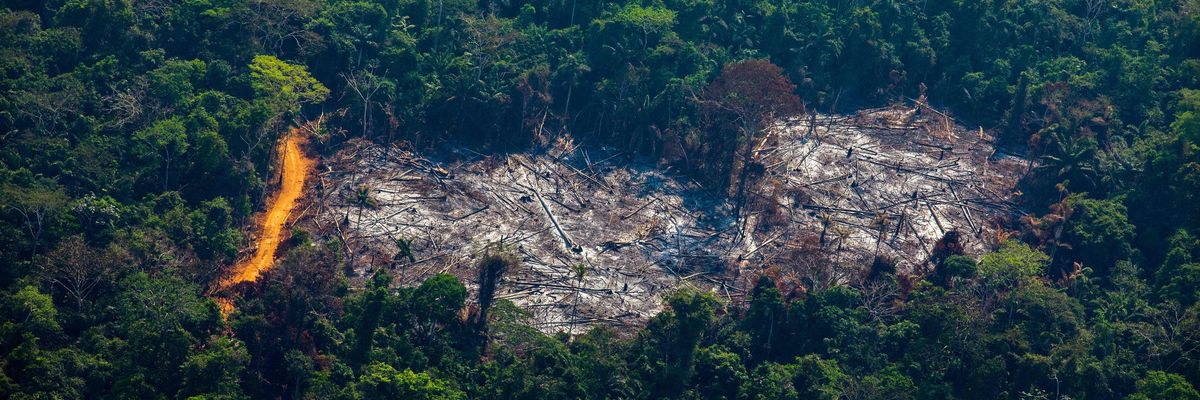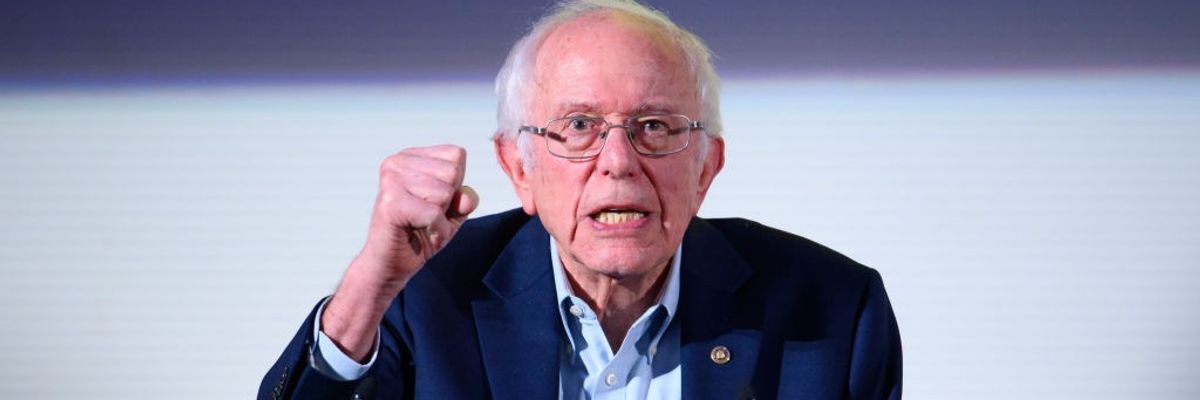Issued on: 03/01/2025 -
VIDEO 12:51 min
By: Marie-Charlotte ROUPIE
From the show

Ten years after the genocide perpetrated against the Yazidis by the Islamic State group in Iraq's Sinjar region, tens of thousands of displaced survivors are returning home. But their homecoming is bittersweet, as the atrocities have left indelible wounds. FRANCE 24's Marie-Charlotte Roupie reports.
On the morning of August 3, 2014, the Islamic State group launched a highly coordinated attack on the Yazidi community in the northwestern Iraqi region of Sinjar. Faced with this offensive, the population had few choices: convert, flee or die.
In the space of a few weeks, more than 5,000 people were killed, while the captured women and children were enslaved. Among them was Rayhan, now 24, who has finally found her brother again and settled with him in Sinjar. But this young Yazidi, like many survivors, is hoping to leave Iraq as soon as possible. In many villages, returning to live in this war-torn region of northwestern Iraq still means living among ruined houses, lunar landscapes and the sad memory of those who are gone.
A decade after the genocide, some 2,600 people are still missing and many mass graves have still not been excavated. Unanswered questions weigh heavily on those who have chosen to return home.
An estimated 350,000 Yazidis fled during the genocide. Since January 2024, between 130,000 and 150,000 of them have returned to Sinjar, amid pressure from Baghdad to close the internally displaced persons (IDP) camps in Iraqi Kurdistan.
Although life is gradually returning to Sinjar, the fear of a new genocide still looms large and the wounds of 2014 are far from healed.
Watch more
From the show

Ten years after the genocide perpetrated against the Yazidis by the Islamic State group in Iraq's Sinjar region, tens of thousands of displaced survivors are returning home. But their homecoming is bittersweet, as the atrocities have left indelible wounds. FRANCE 24's Marie-Charlotte Roupie reports.
On the morning of August 3, 2014, the Islamic State group launched a highly coordinated attack on the Yazidi community in the northwestern Iraqi region of Sinjar. Faced with this offensive, the population had few choices: convert, flee or die.
In the space of a few weeks, more than 5,000 people were killed, while the captured women and children were enslaved. Among them was Rayhan, now 24, who has finally found her brother again and settled with him in Sinjar. But this young Yazidi, like many survivors, is hoping to leave Iraq as soon as possible. In many villages, returning to live in this war-torn region of northwestern Iraq still means living among ruined houses, lunar landscapes and the sad memory of those who are gone.
A decade after the genocide, some 2,600 people are still missing and many mass graves have still not been excavated. Unanswered questions weigh heavily on those who have chosen to return home.
An estimated 350,000 Yazidis fled during the genocide. Since January 2024, between 130,000 and 150,000 of them have returned to Sinjar, amid pressure from Baghdad to close the internally displaced persons (IDP) camps in Iraqi Kurdistan.
Although life is gradually returning to Sinjar, the fear of a new genocide still looms large and the wounds of 2014 are far from healed.
Watch more
 A general view of the port of Abidjan on May 8, 2020. © Issouf Sanogo, AFP file photo
A general view of the port of Abidjan on May 8, 2020. © Issouf Sanogo, AFP file photo Supporters of impeached South Korea president Yoon Suk Yeol took part in a rally near his residence as snow fell. © Philip Fong, AFP
Supporters of impeached South Korea president Yoon Suk Yeol took part in a rally near his residence as snow fell. © Philip Fong, AFP
 A placard of impeached South Korea President Yoon Suk Yeol with horns is seen on an installation during a rally in Seoul. © Philip Fong, AFP
A placard of impeached South Korea President Yoon Suk Yeol with horns is seen on an installation during a rally in Seoul. © Philip Fong, AFP













.jpg)
.jpg)